We may earn money or products from the companies mentioned in this post. This means if you click on the link and purchase the item, I will receive a small commission at no extra cost to you ... you're just helping re-supply our family's travel fund.
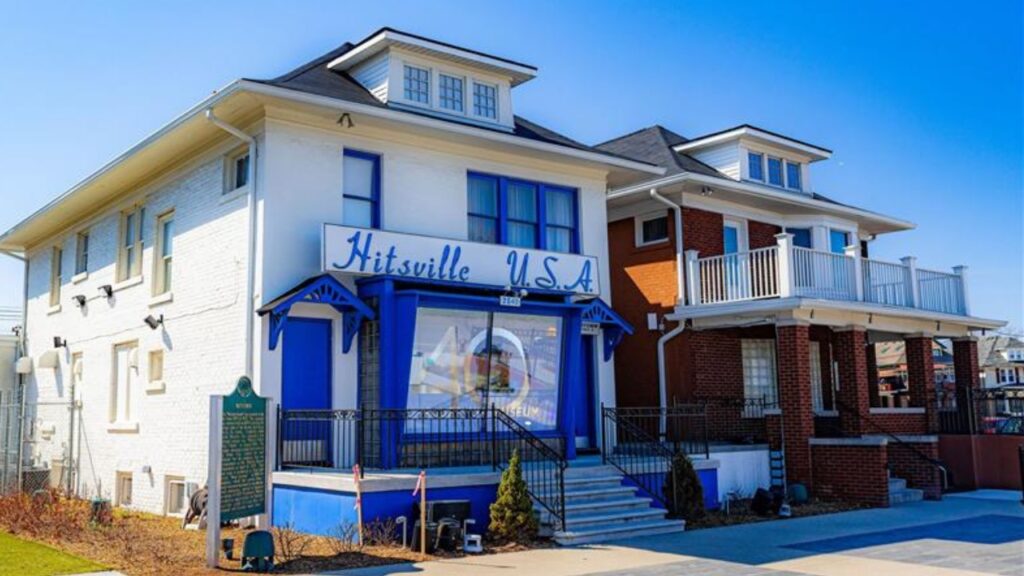
To truly understand the story of America, you have to travel its landscapes of memory the city blocks, street corners, and hallowed halls where history was made. These places invite you to move beyond textbooks and connect with the profound stories of Black resilience, creativity, and resistance. This is a journey of listening and learning, an opportunity to stand in the spaces where trailblazers fought for freedom and forged a culture that has shaped the entire nation. It’s a pilgrimage to the heart of the American experience.
1. Montgomery, Alabama
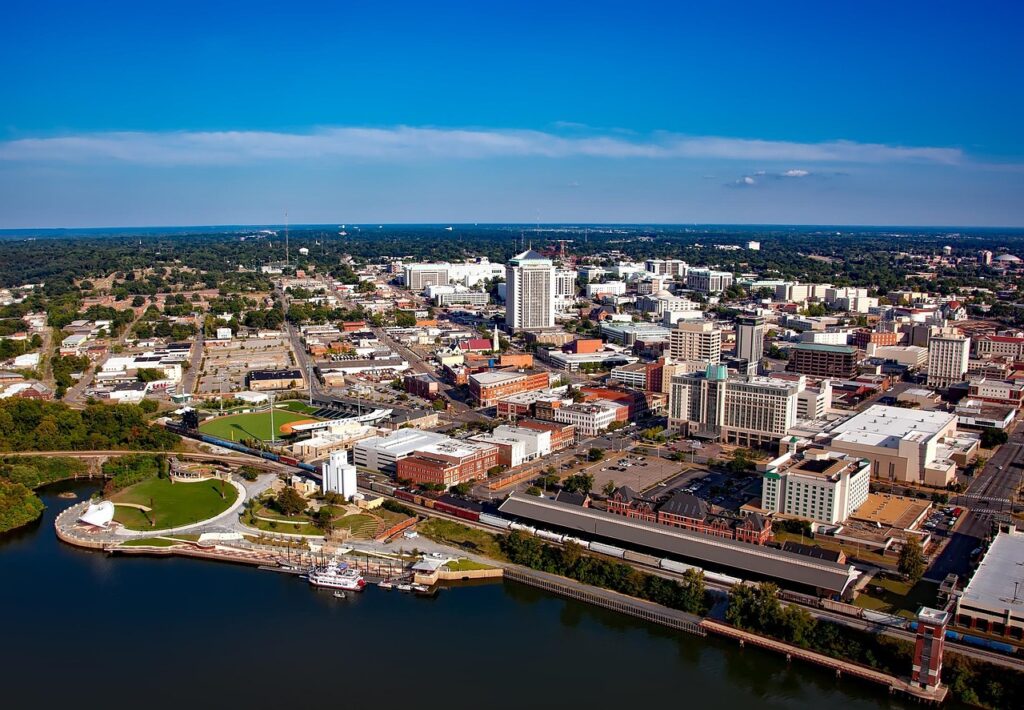
As the birthplace of the Civil Rights Movement, Montgomery offers a powerful and essential education. Step into the past at the Rosa Parks Museum, where you can witness a powerful reenactment of her courageous stand. Just blocks away, the former Greyhound station is now the Freedom Rides Museum, a raw testament to the violent opposition activists faced. A short drive away in Mobile, you can visit Africatown, a community founded by the last known group of enslaved Africans brought to the U.S.
2. Greensboro, North Carolina
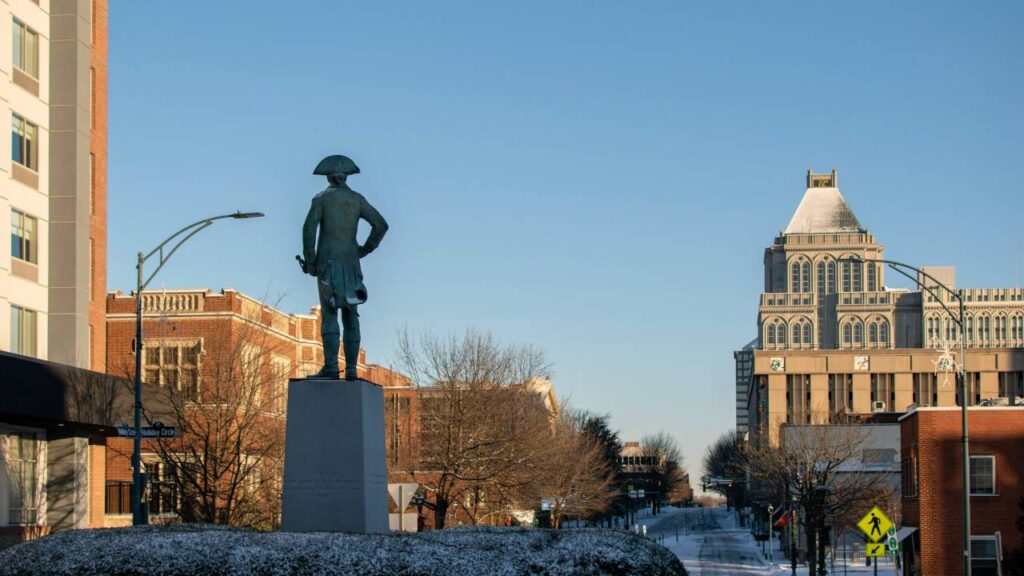
This city is a monument to the power of youth activism. It was here, on Feb. 1, 1960, that four students from North Carolina A&T State University staged a sit-in at a whites-only Woolworth’s lunch counter. That very counter is now preserved at the International Civil Rights Center & Museum, an institution built on the site. You can also visit The Historic Magnolia House, a restored Green Book hotel that once offered safe lodging to Black travelers like James Baldwin and Ray Charles.
3. New Orleans, Louisiana
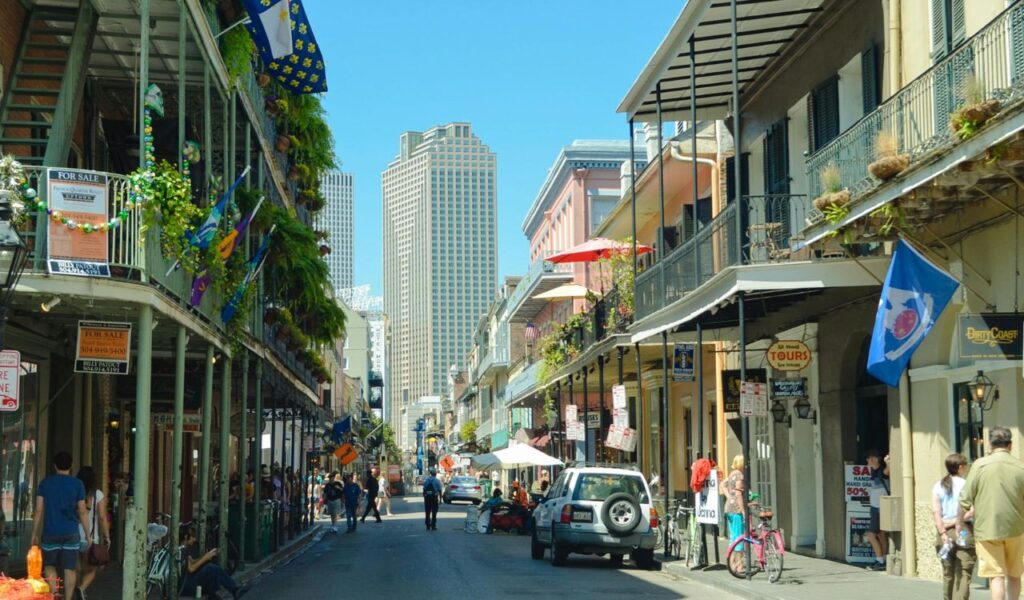
Black culture is the vibrant, resilient heartbeat of the Crescent City. You can feel its rhythm in Congo Square, where enslaved people once gathered on Sundays to practice their traditions and play music. Explore the story of the city’s free people of color at Le Musee de f.p.c., or savor a meal at Dooky Chase’s Restaurant, a culinary institution that also served as a strategic meeting place for civil rights leaders. The city’s art, food, and music all tell a profound story of survival and creation.
4. Kansas City, Missouri
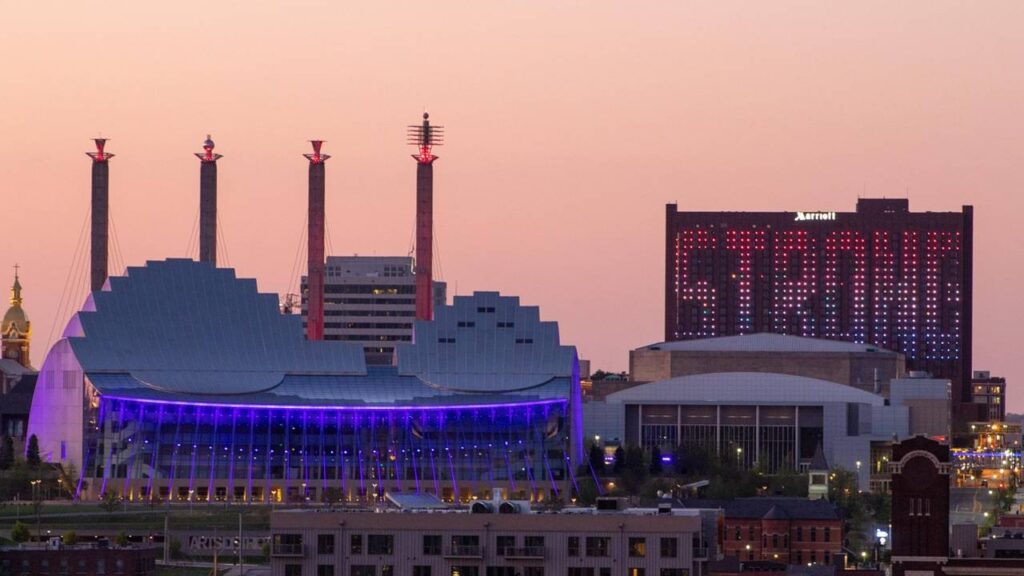
Journey to the historic 18th and Vine Jazz District, a neighborhood that thrived as a self-sustaining Black community during segregation. At the Negro Leagues Baseball Museum, you’ll discover the incredible stories of legendary players who were barred from the major leagues. A few blocks away, the American Jazz Museum celebrates the innovators like Charlie Parker who defined a new American sound. This district is a living tribute to Black entrepreneurship and artistic excellence.
5. Nashville, Tennessee
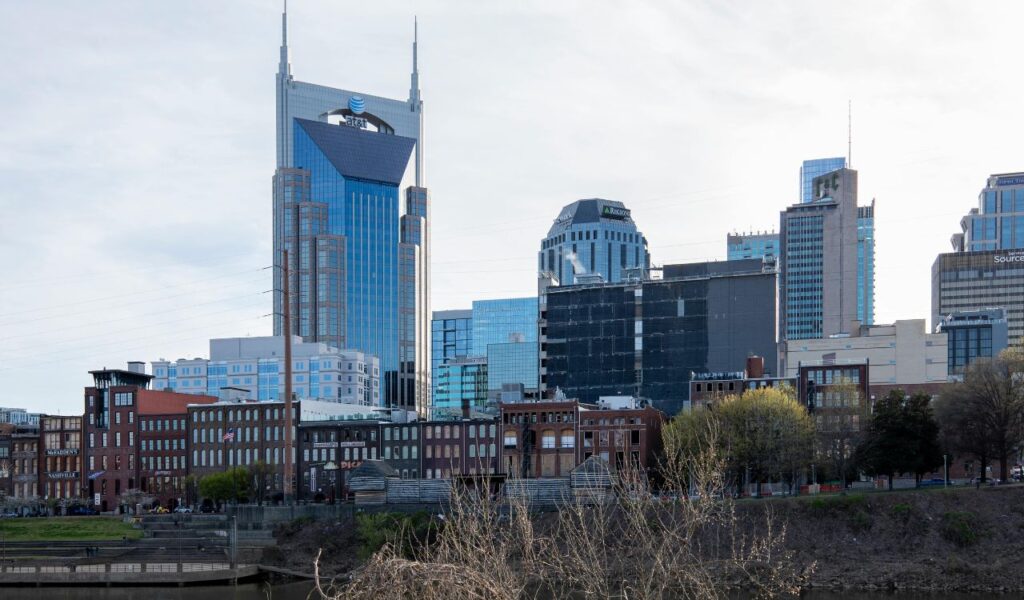
While known as Music City, Nashville was also a key battleground for civil rights. You can stand outside the Woolworth Theatre, the site of student-led sit-ins that helped desegregate the city’s lunch counters in 1960. Then, dive into the sounds that shaped the nation at the National Museum of African American Music. The interactive exhibits trace a powerful lineage from spirituals and blues to the hip-hop and R&B that defines our culture today, celebrating Black artists as central to the American songbook.
6. Harlem, New York City
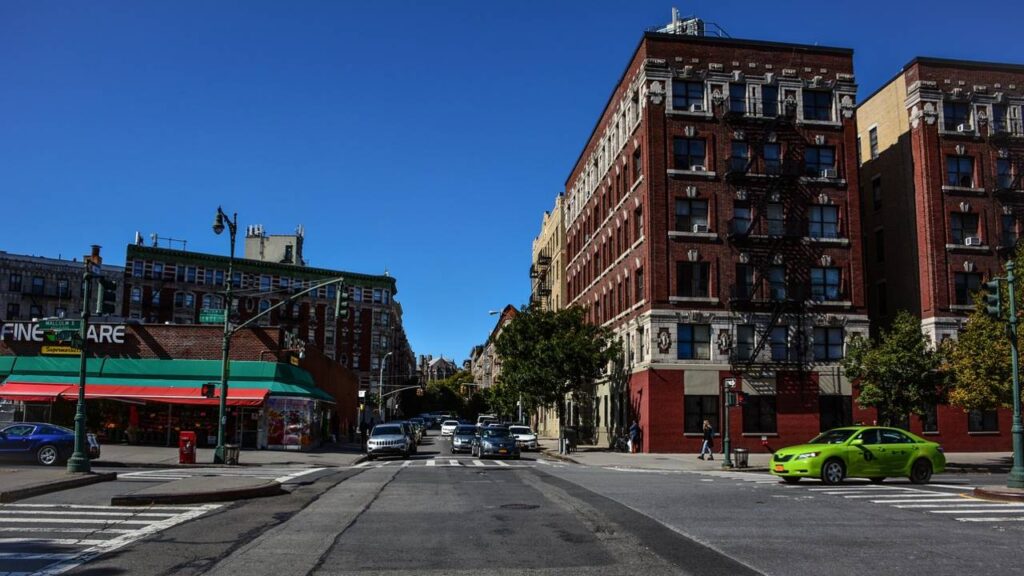
Walk the streets that nurtured one of the most significant intellectual and cultural movements in American history. In Harlem, you can feel the spirit of the Renaissance, from the legendary Apollo Theater, which launched the careers of icons like Ella Fitzgerald, to Sylvia’s, the world-famous soul food restaurant that has been a community cornerstone since 1962. You can also see the home of poet Langston Hughes, where he penned some of his most influential works.
7. Los Angeles, California
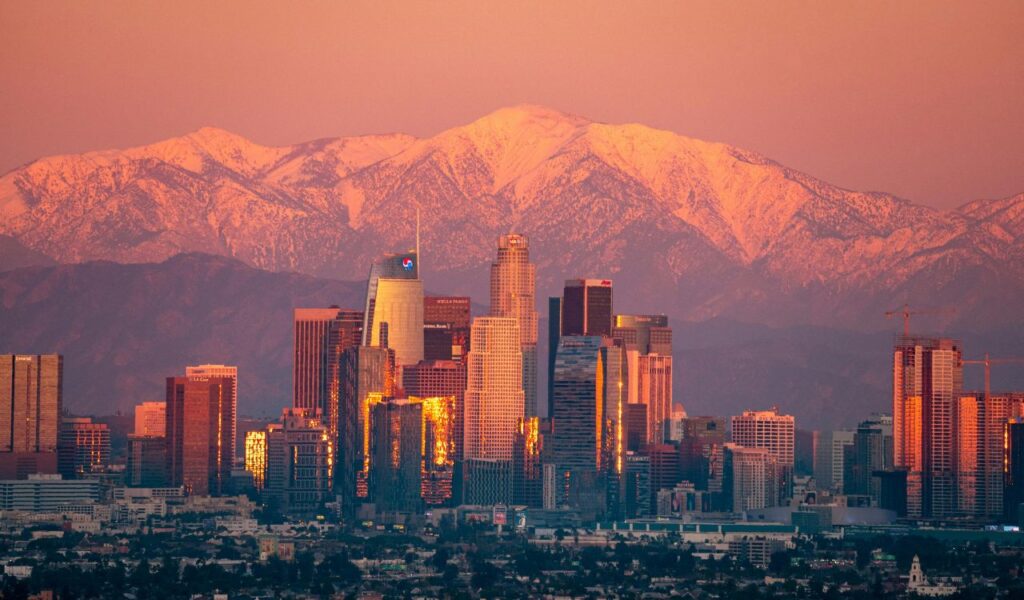
The story of Black history in Los Angeles reveals a multifaceted legacy of progress and community building. Pay homage at The African American Firefighter Museum, which honors the pioneers who broke color barriers in civil service. In West Hollywood, the nightclub Catch One stands as a landmark of Black LGBTQIA+ history, founded in 1973 as a safe haven for a community facing persecution. These sites illuminate stories of courage that are often overlooked in mainstream narratives.
8. Seattle, Washington
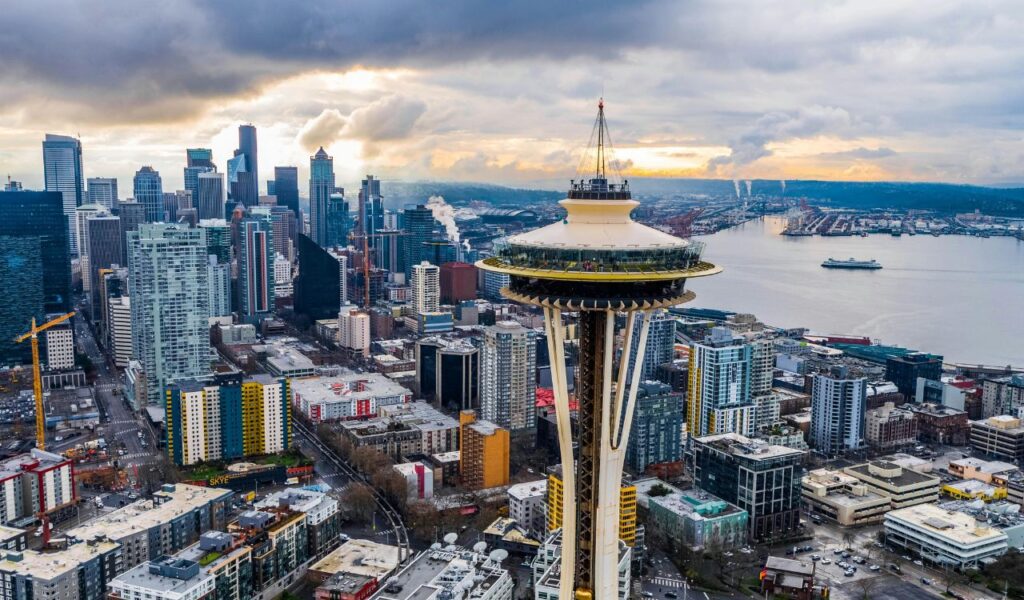
The Great Migration profoundly shaped the Pacific Northwest, and you can explore that history at the Northwest African American Museum. The museum shares powerful stories of the families who built communities and culture in the region. The city’s vibrant Central District was once home to a thriving jazz scene that nurtured the early careers of legends like Ray Charles and Quincy Jones. You can also visit the Jimi Hendrix Memorial to honor one of music’s most revolutionary figures in his hometown.
9. Buffalo, New York
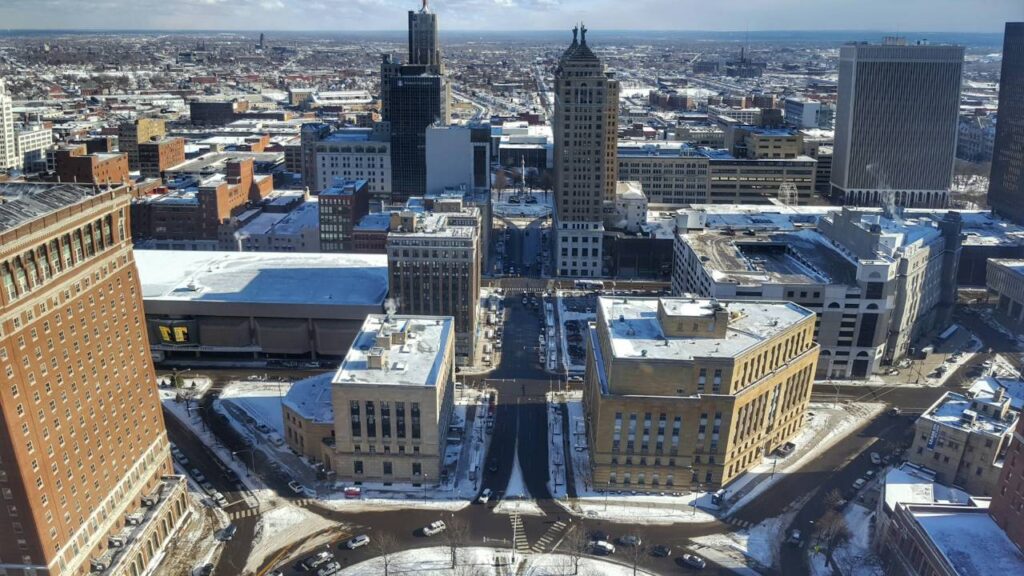
As a key city on the northern frontier of the United States, Buffalo played a vital role in the pursuit of freedom. The Niagara Falls Underground Railroad Heritage Center tells the poignant stories of abolitionists and the freedom seekers they aided on their perilous journey to Canada. In the city, The Colored Musicians Club and Museum, founded in 1935, stands as a testament to the safe spaces Black artists created when they were barred from other venues.
10. Cape May, New Jersey
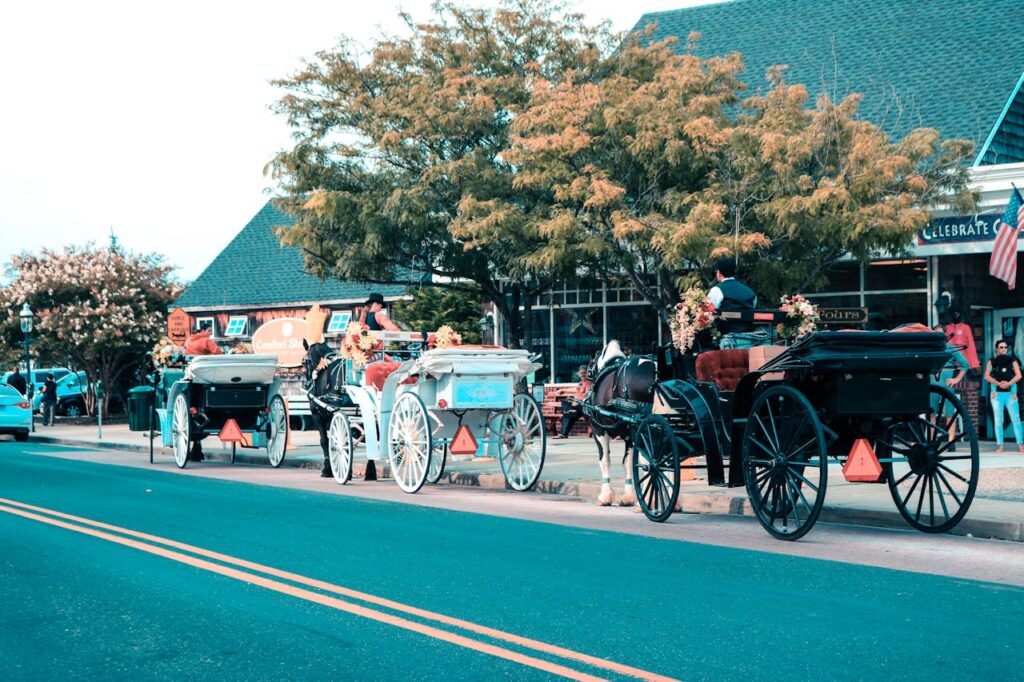
This charming seaside town holds a little-known but crucial chapter in the life of one of America’s greatest heroes. Before her famous raids, Harriet Tubman lived and worked here in the early 1850s, using her income as a cook to fund her missions on the Underground Railroad. The Harriet Tubman Museum vividly brings this period of her life into focus. A trolley tour of the area further illuminates the secret networks that helped guide enslaved people toward freedom.
11. Providence, Rhode Island
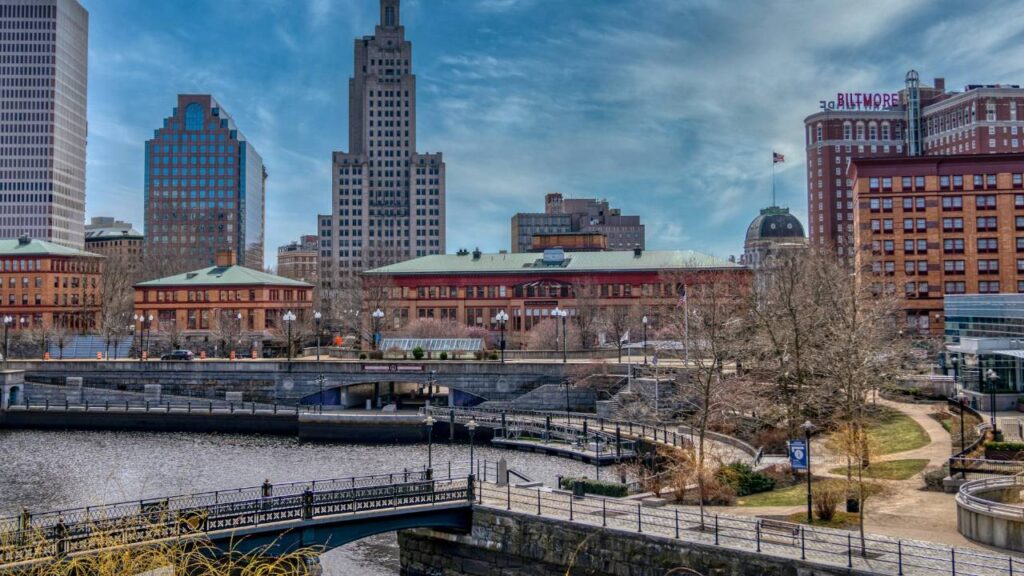
A visit to Providence complicates the narrative that slavery was solely a Southern institution. A self-guided walking tour reveals the city’s deep involvement in the slave trade, with stops at sites where newspapers advertised the sale of human beings. The tour also honors the resilience of the Black community, from recognizing the free farmers who sustained themselves to memorializing the victims of the 1831 Snowtown Riot, when a white mob terrorized Black neighborhoods.
12. Detroit, Michigan
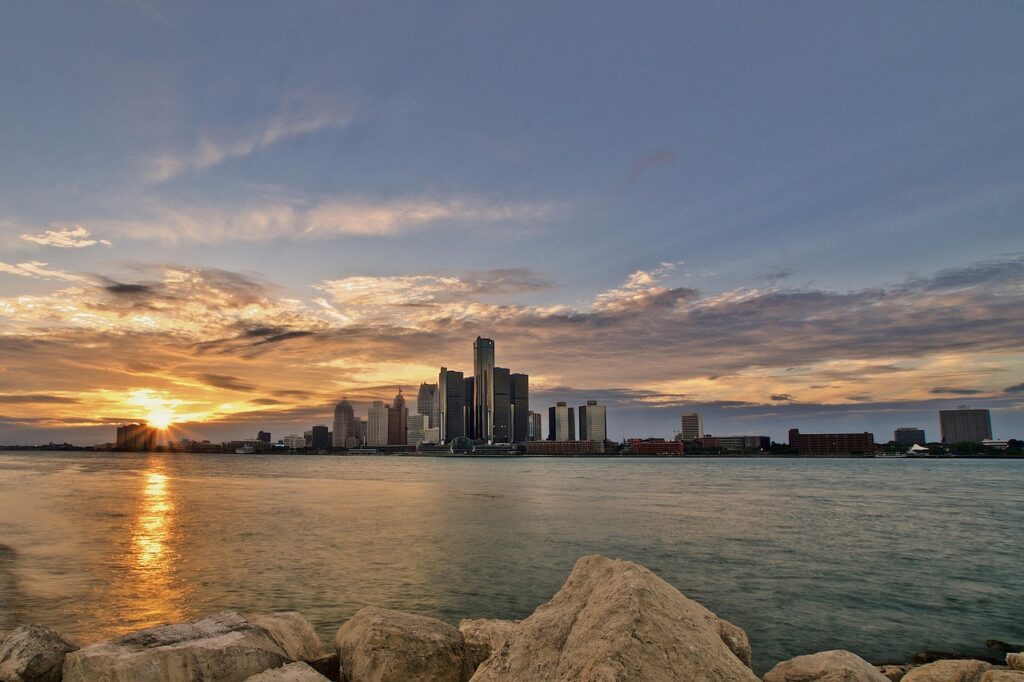
The pulse of Motown is the pulse of Black innovation. Fueled by the Great Migration, the city became a hub of Black economic power and cultural innovation. Visit the Motown Museum, “Hitsville, U.S.A.,” the unassuming house where Berry Gordy built a musical empire that changed the world. This is where artists like The Supremes and Marvin Gaye recorded their timeless hits. The city is also home to the Charles H. Wright Museum of African American History, a world-class institution.
13. Richmond, Virginia
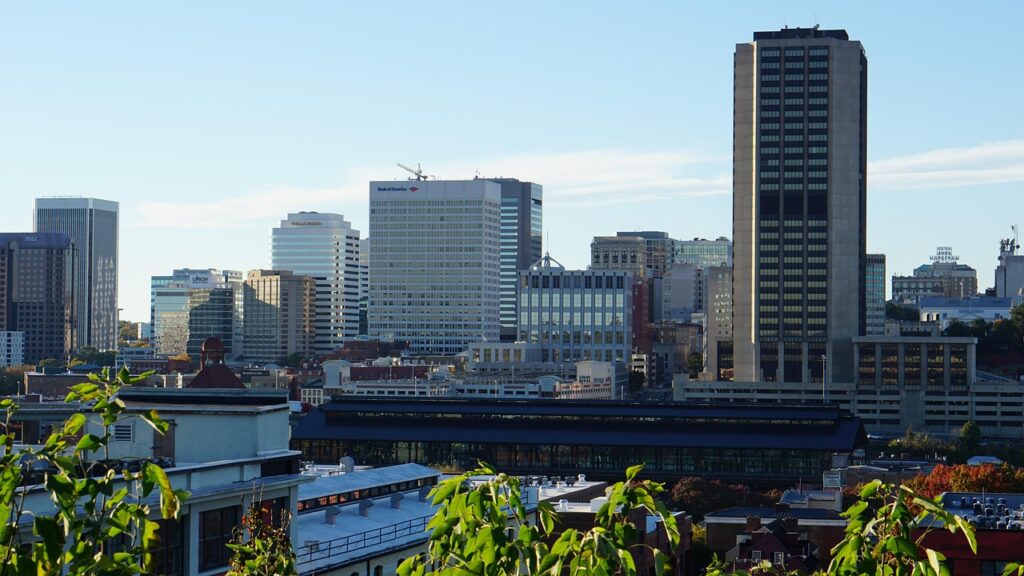
Richmond was once the capital of the Confederacy, yet today it stands as a place where history is being reinterpreted and reclaimed. You can visit the Black History Museum and Cultural Center of Virginia, housed in a former armory, to explore stories of resilience and achievement. Along the James River, the Richmond Slave Trail guides you past sites that bore witness to the domestic slave trade, offering space for reflection. The city’s vibrant Jackson Ward neighborhood, once called the “Harlem of the South,” celebrates Black entrepreneurship, jazz, and cultural pride that flourished against enormous odds.